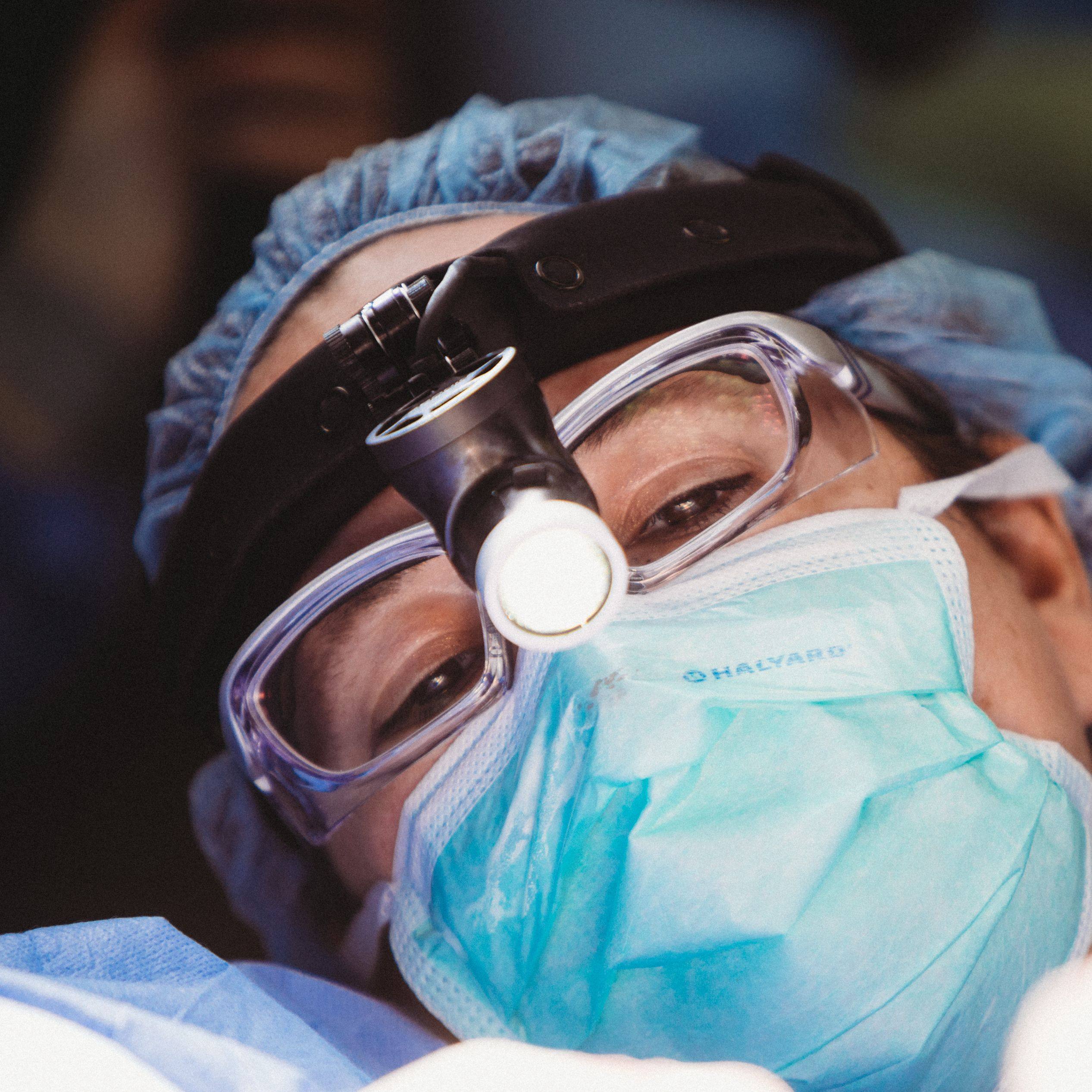-
Research and innovation thrive at Mayo and beyond, with an assist from Mayo Clinic Ventures

Mayo Clinic Ventures commercializes technologies to benefit patients while generating revenue to support clinical practice, research and education. Thanks in part to licensing and partnership efforts, 2018 was a banner year for Mayo Clinic Ventures' financial performance.
By Kate Stober
Mayo Clinic has a long and storied history of firsts — the first nonprofit practice aligned with research and education, the discovery of cortisone, the first hip replacement approved by the Food and Drug Administration. The list goes on. When patients need answers, Mayo staff aim to find solutions.
Many of these innovations often have far-reaching effects, changing the delivery of health care on a much larger scale. When it comes to translating discoveries into products that help patients, that's where Mayo Clinic Ventures comes in.
Mayo Clinic Ventures commercializes Mayo Clinic discoveries to benefit patients around the world while generating revenue to support clinical practice, research and education.

"We take the innovation and discoveries from the Research, Education and Practice shields, and help translate them into products that can help patients," says Andrew Danielsen, chair of Mayo Clinic Ventures. Danielsen leads a diverse team of skilled professionals working with Mayo Clinic staff to advance medical care.
All ideas welcome
Mayo Clinic Ventures receives over 700 ideas per year, about one-third of which move forward into some form of development. Although researchers and physicians are the most active staff in terms of creating new discoveries, Danielsen says ideas come from staff across the organization.
Allied health staff have played key roles in developing biopharmaceutical drugs, diagnostic tests and algorithms to improve medical imaging, all of which Mayo Clinic Ventures has licensed to outside companies.
"We sometimes hear, 'Well, if I'm not a Ph.D. or an M.D., I shouldn't be inventing.' That's not at all true," Danielsen says.
Staff whose ideas are seen as having potential for commercialization can get seed funding to further develop their concept. They also can take advantage of the external industry connections and the product development experience of Mayo Clinic Ventures staff.
Many Mayo Clinic products are on the market today, helping millions of patients. Examples include Cologuard, an at-home colon cancer screening test that was first offered at Mayo Clinic in 2014; HF10, an implantable device designed to reduce back and leg pain; and individualized medicine screening tools used at Myriad Genetics Inc., a genetic testing company.
A banner year for innovation
Thanks in part to licensing and partnership efforts, 2018 was a banner year for Mayo Clinic Venture's financial performance.
In 2018, Mayo Clinic Ventures activities contributed 5% of Mayo Clinic's net income.
It's exciting, but not exactly surprising.
"Four out of the last six years, we've had record years in terms of revenue and net income. This year is also off to a very strong start, and we are hopeful for yet another record year," Danielsen says. "It's a testament to the creativity and passion that Mayo Clinic staff have for innovation and improving care options for our patients."
Danielsen says that taking an active approach has driven increased revenues. The Mayo Clinic Ventures team prides itself on reaching out to potential business partners and providing specialized support to Mayo Clinic staff interested in advancing a new technology.
"We really encourage folks to reach out and talk to us about any of their ideas or discoveries," Danielsen says. "We can help guide them through the process, and provide financial and other support."
###







